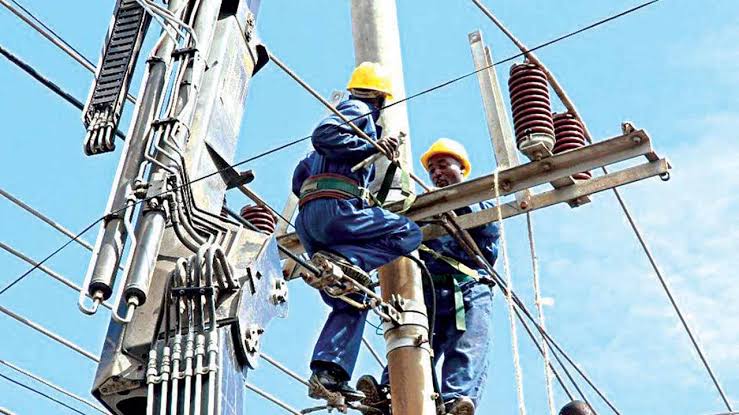- The Nigerian government plans to provide at least 20 hours of daily electricity by 2027, focusing on urban and industrial areas
- The initiative aims to improve power access for 86 million underserved Nigerians, contingent on sufficient investment in the oil and gas sector
The federal government has announced plans to provide at least 20 hours of stable electricity daily by 2027, aiming to improve power access for urban areas and industrial zones across Nigeria.
Special Adviser to the President on Energy, Olu Verheijen, disclosed this at the Energy Week in Cape Town, South Africa, highlighting that the success of this plan depends on sufficient investment in Nigeria’s oil and gas sector.
A statement by the State House Director of Information and Publicity, Abiodun Oladunjoye, on Thursday, quoted Verheijen as saying: “By 2027, Nigeria aims to ensure 20 hours of electricity daily for consumers in urban areas and industrial hubs.”
Verheijen emphasized that the Tinubu administration is committed to enhancing electricity access for the 86 million Nigerians who are currently underserved, focusing on improving revenue collection and ensuring better service delivery.
The push for enhanced electricity stability comes after recent national grid collapses, which have led to widespread blackouts. The grid’s latest collapse occurred on Thursday, marking the second incident in a week and the twelfth in the past eleven months, sparking frustration among citizens.
Meanwhile, the National Orientation Agency (NOA) attributed the frequent grid failures to limitations within the electricity distribution companies (DisCos). Despite Nigeria’s installed power generation capacity of approximately 13,610 MW, and the capacity to transmit up to 8,000 MW, the NOA pointed out that the DisCos’ infrastructure can only actively distribute around 4,000 MW.
“On the generation side, with the addition of the 700MW Zungeru hydroelectric plant which came on stream in the second quarter of the year, Nigeria’s national grid now has an installed power generation capacity of about 13,610MW.
“Despite the 13,610MW generation capacity and the over 8,000MW transmission capacity, the total active distribution capacity of the 11 Discos in Nigeria is still hovering around 4,000MW,” NOA stated.
